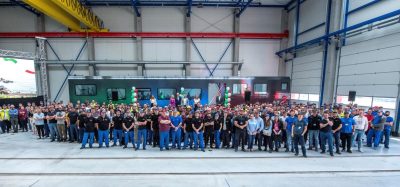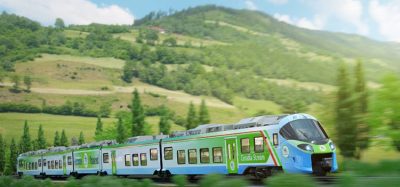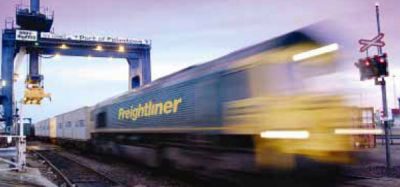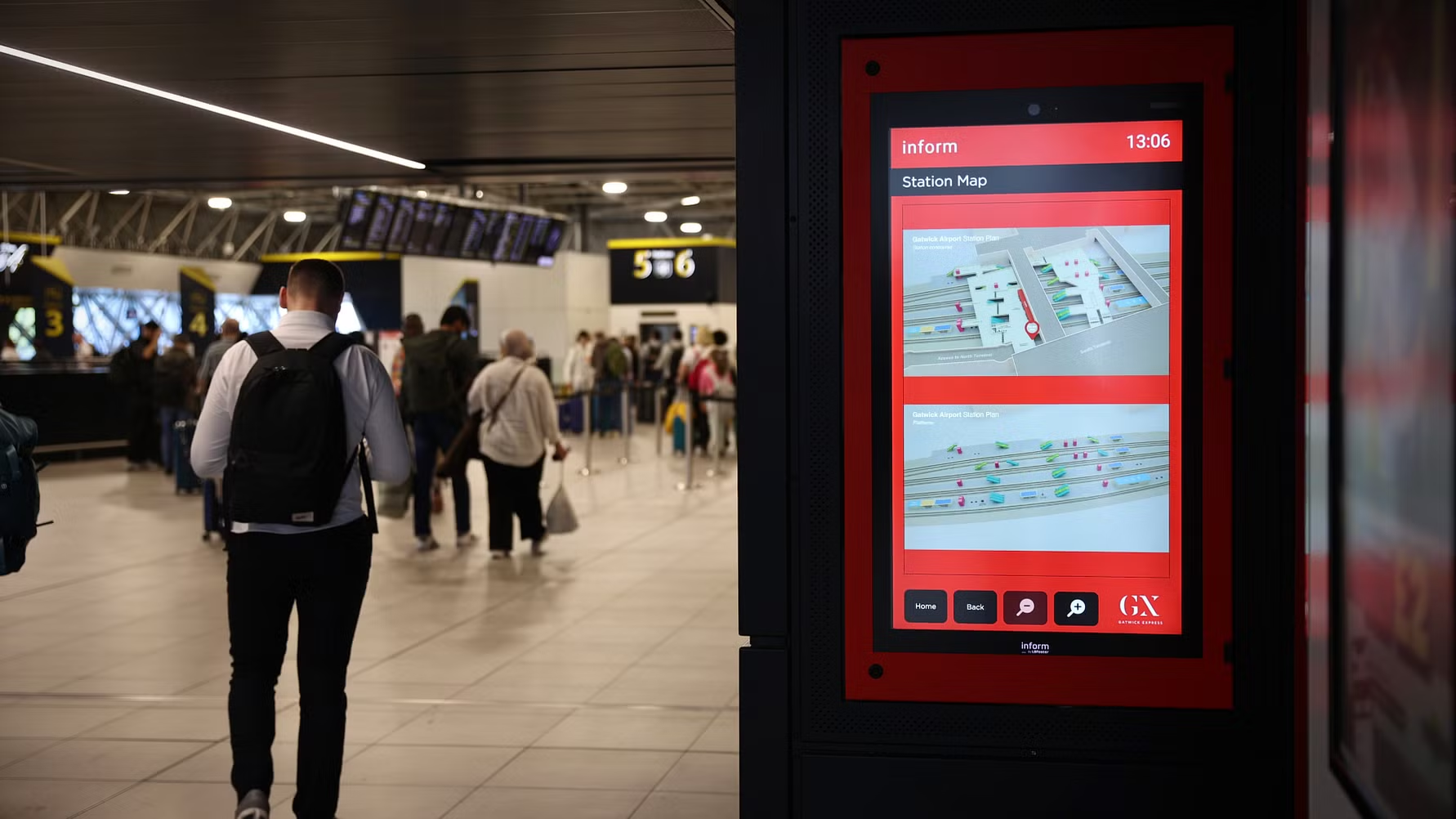Latvian Railways revises investment plans due to rail freight demand drop
Posted: 26 March 2020 | Global Railway Review | No comments yet
Due to the continuation of declines in rail freight volumes, Latvian Railways has revised its intentions to implement its planned and ongoing projects.
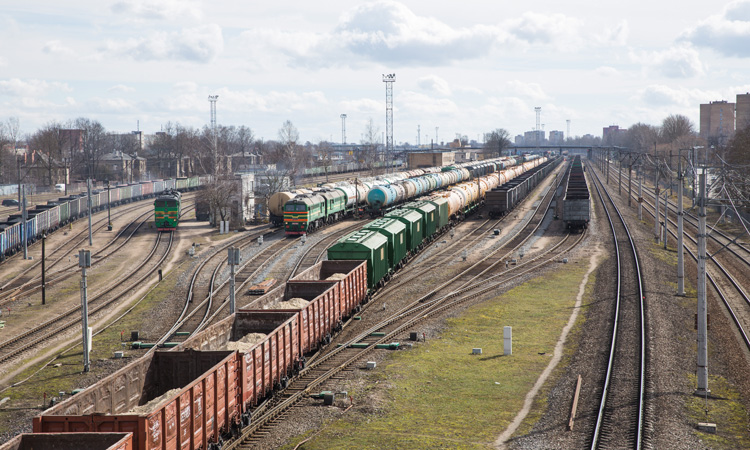

As rail freight volumes continue to fall – continuing a trend that began in the first half of 2019 – and considering Latvian Railways’ (LDz – SJSC Latvijas Dzelzceļš) inability to balance its 2020 finances without additional funding from government budget, LDz has had to adapt and revise its approach to implementing the planned and ongoing projects that have been co-financed by the European Union’s (EU) structural funds.
Under Measure 6.2.1.1 – “Electrification of the Latvian Railway Network” of specific support goal 6.2.1 “To provide a competitive and environmentally friendly TEN-T railway network facilitating its safety, quality, and capacity” of the Operational Programme “Growth and Employment” of the programming period 2014–2020 of the Cohesion Fund – LDz had plans to implement two closely inter-related projects: the development of a reception park and an access road at Daugavpils and the electrification of the Latvian railway.
Māris Kleinbergs, LDz Board Chairman, said: “These projects were planned and prepared at a time when 45 to 55 million tonnes of freight were carried by rail infrastructure annually. Now, the situation has substantially changed, and the changes to rail freight volumes and freight segments, brought about by the geopolitical situation, require corrections also to railway investment projects.”
Māris added: “Taking into consideration the work invested in the preparation of the electrification project, as well as the fact that a gradual transition to environmentally friendly railway infrastructure is taking place all over the world, the revision of the LDz investment projects is not an easy decision, but it is necessary to ensure that in the current situation the state does not undertake an additional burden that could impede Latvia’s economic recovery from the current recession.”
The current and forecasted situation in the transportation sector, including freight transportation, suggests that the present situation implementation of such large-scale railway infrastructure projects will not be economically grounded, as there may not be a sufficient enough demand for new railway infrastructure in the future, and railway infrastructure users will not be able to cover the costs of maintenance of the existing infrastructure without support from the government budget.
Considering all outlined factors, the LDz management board made the decision to bring the electrification of the Latvian railway to a halt, which was supported by the LDz supervisory board.
Māris continued: “At present, LDz is actively working not only on the revision of technological processes, increase of efficiency and reduction of costs, but we are also focusing on the development of a new business model, expansion of target markets for cargo transportation, and diversification of the cargo segments. I have reason to be confident that LDz will manage to regain financial balance and become a modern, efficient and competitive company and, as the cargo transportation increases, there will be a reason to return to financially large-scale railway infrastructure development projects.”
As the maintenance of the Latvian railway infrastructure with its current quality and safety level is not possible without further development, LDz believes that, in order to ensure sustainable operations of the infrastructure, it is strategically important to implement less-sizeable projects – especially when considering the demand of the railway infrastructure users in segments where there is a growth, such as passenger transportation.
As a result, LDz has outlined that it is necessary to redistribute the available EU Cohesion Fund financing to alternative and less financed projects that are aimed at achieving climate goals in the transport sector and the development of multimodal passenger transportation system. LDz has begun consultations with the Transport Ministry on possibilities to implement alternative projects.
Related topics
Cargo, Freight & Heavy-Haul, Digitalisation, Electrification & Cabling, Funding & Finance, Infrastructure Developments




